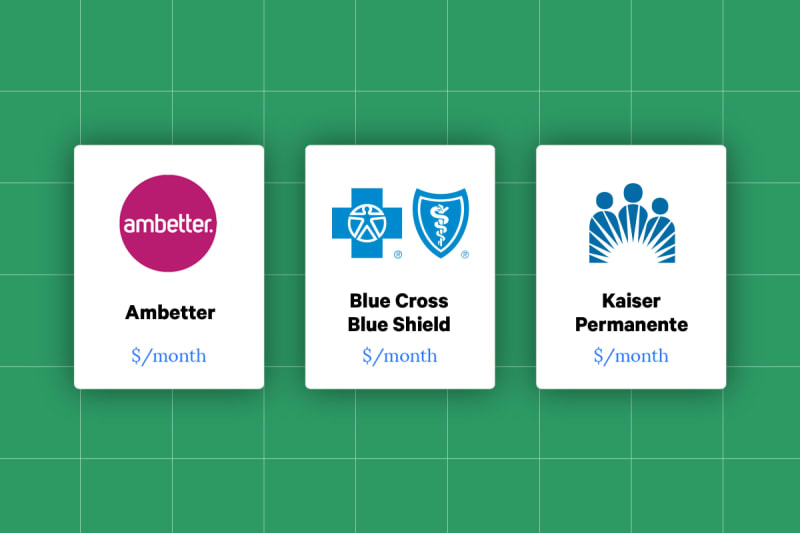Finding the right affordable health insurance company can be tough. See our list of the best affordable health insurance companies based on price, plans, and more.
Ronni Sandroff is the former health editorial director for Consumer Reports, where she helped found the CR Health Ratings Center and published unique ratings of health insurance, hospitals, physicians, treatments, and prescription drugs. In her 35+ years as a journalist, she has also been editor of Oncology Times and MEDICA. Her work has appeared in The New York Times Magazine, Psychology Today, and Sports Illustrated. She has a master’s degree from the Writer’s Workshop at the University of Iowa and a bachelor's degree in English from Hunter College.
We recommend the best products through an independent review process, and advertisers do not influence our picks. We may receive compensation if you visit partners we recommend. Read our advertiser disclosure for more info.
The Affordable Care Act, signed into law in 2010 by President Barack Obama, made affordable health insurance accessible to many Americans. It offers subsidies to help households with incomes between 100% and 400% of the federal poverty level with health insurance premiums. Still, there are challenges for some Americans when it comes to finding affordable health insurance premiums—especially for those at the higher end of the subsidy range and beyond. Because of the way the ACA was imagined, health insurance premiums can vary widely based on where you live, how much money you earn, and the size of your family.
Regardless of where you fall within those metrics, the best way to find affordable health insurance is to shop around among several different providers and compare plans based on what they offer, your monthly premiums, your annual out-of-pocket costs, and other details. Investopedia compared some of the top providers in this space to find the best affordable health insurance companies out there today.
Blue Cross Blue Shield made our ranking due to their healthcare options for individuals who work remotely and need to buy coverage on their own. This includes the option to buy coverage that works in all 50 states and global health insurance for short-term or long-term travel.

/GettyImages-185326913-56a46efd3df78cf77282656f.jpg)

/Primary_Images-28015fbf3722492eacea89b2b20598ab.jpg)

/GettyImages-909215662-7447251d34f3425c974f0863897a43a6.jpg)















